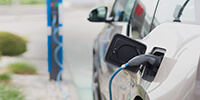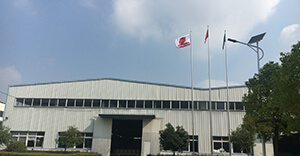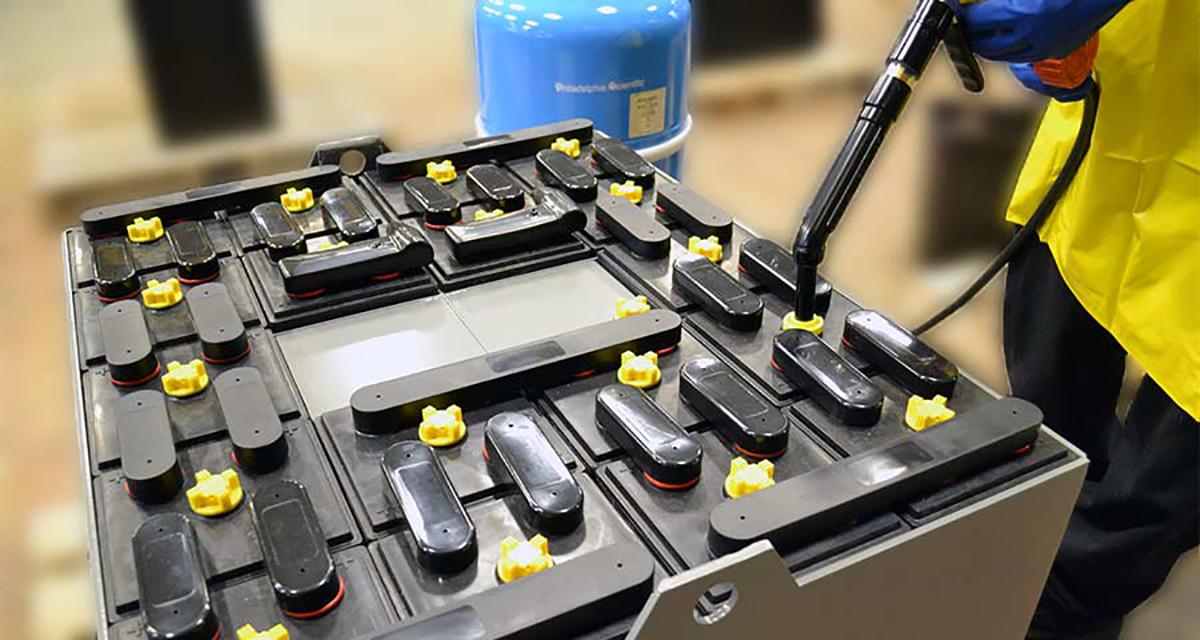Why Wet-Cell Battery Technology Could Surpass Lithium-Ion
|
With electrification gaining increasing coverage within the run-up to the 2035 ban on petrol and diesel engines, lithium-ion may be a hot topic. However, it'd not necessarily be the simplest solution for your business’s unique operation. Read on to seek out out why. Despite the flurry of interest, lithium-ion isn't necessarily the simplest choice of battery for each organization. In fact, lead-acid (also referred to as wet-cell) battery technology is usually better suited to operations in many cases, understanding as less expensive at the end of the day. From how wet-cell batteries work to the benefits and drawbacks, also because of the sorts of wet-cell batteries that are currently available on the market, this text will equip you with all the knowledge you would like to urge started. How does a wet-cell battery work?Wet-cell batteries — like lead-acid — contain a mix of lead (unsurprisingly), lead oxide, plates, then an electrolyte solution containing a water and acid mix. Hence the term ‘wet-cell battery’. The plates in wet-cell batteries are often anodes that are attached to a negative battery terminal, or alternatively cathodes attached to a positive battery terminal. When a load is attached to the terminals, a reaction occurs between the lead, lead oxide, and electrolyte solution (water and acid). This reaction allows electricity to flow through the terminals to the load attached. When you recharge a wet-cell battery, e.g. lead-acid, the acid returns to the liquid solution to supply more power afterward. But what does this mean for a typical forklift operation? And what are the benefits and drawbacks of wet-cell batteries vs. lithium-ion? Read on to seek out out. Related Read: Increase Fuel Efficiency by Choosing the Right Forklift Battery Advantages and drawbacks of wet-cell batteriesCompared to lithium-ion, wet-cell batteries like lead-acid are up to fourfold less costly. If your business is trying to find a simple thanks to cut fleet management costs, lead-acid may be a great alternative. What’s more, lead-acid batteries also are recyclable and thus produce less waste, helping your business introduce more sustainable practices. Another key advantage of lead-acid is that it’s widely available. As a result, it’s likely to stay a well-liked choice for powering electric forklifts for years to return. Having said this, like most things in life, there are drawbacks. Wet-cell batteries like lead-acid have a significantly lower battery life than lithium-ion batteries, with a mean lifespan of 1,500 cycles. This won't be a drag for businesses running small operations. However, if your business is employed to operating 24/7, it’s worth considering what other solutions are available. Unfortunately, wet-cell batteries also can degrade significantly during their lifetime by the maximum amount as 32%. To combat this, keeping on top of normal maintenance checks is crucial. Despite the challenges related to wet-cell batteries, water topping is straightforward for operators to hold out manually, and therefore the batteries are simple and easy to exchange. Deciding whether to choose a wet-cell battery solution over lithium-ion will ultimately depend upon how intensive your operation and application is. It’s also worth considering whether you'll adapt your current shift patterns to accommodate more frequent battery charging breaks. Related Read: HOW TO BUY THE RIGHT FORKLIFT BATTERY Different types of wet-cell batteries explainedFlooded wet-cell (lead-acid) batteries are available two different configurations: serviceable and maintenance-free. Serviceable batteries feature removable caps enabling access to the electrolyte. This makes it easy to see and refill the cells with water, referred to as water topping. On the opposite hand, maintenance-free batteries don’t provide access to the electrolyte. For this reason, it’s impossible to refill any lost electrolyte. Flooded wet-cell batteries are often used as either a starting battery or a deep cycle battery. Starting batteries provide short bursts of high energy and have multiple thin plates with an outsized area. Deep cycle batteries are often used for repetitive deep discharges and have a limited number of thick plates with the little area. Other sorts of wet-cell batteries include: - Starting, lighting, and ignition batteries (SLIs) - great for starting engines - Deep cycle batteries - are often charged more frequently than SLIs - Hybrid starting and deep cycle batteries - an SLI and deep cycle hybrid Starting, lighting, and ignition batteries (SLIs) - great for starting engines Deep cycle batteries - are often charged more frequently than SLIs Hybrid starting and deep cycle batteries - an SLI and deep cycle hybrid Related Read: lithium forklift batteries vs Lead Acid Forklift Batteries: Which Are Best? Which forklift battery type is best suited to your business? Deciding between wet-cell and lithium-ion battery technology ultimately depends on numerous factors. To recap, here are a number of the key advantages and drawbacks of lead-acid vs. lithium-ion: Lead-Acid Lithium-Ion Cost-effective Non-polluting Recyclable No maintenance required Lower battery life Longer battery life; recharges quickly Can degrade by up to 32% Higher acquisition cost Li-ion solution: better energy supply for your business? Lithium-ion battery technology has become an increasingly popular topic in the material handling industry, boasting numerous benefits. These include: - No battery change needed - Lower energy consumption - Longer lifetime - Zero emissions - Fast charging - Requires virtually no maintenance For businesses looking to save in the long run, Li-ion battery technology may be a good fit. However, this will heavily depend on your operation, application, shift patterns, and unique business requirements. Assessing your operation and application requirements intimately alongside your local Wisdom Power dealer will assist you to form the proper choice for your business. To discover how BSLBATT’s electric forklift lithium battery range can improve your operation’s efficiency, reduce costs, and contribute towards a healthier operating environment, click the button below to talk to your local dealer today. |














